Farmers without an irrigation system in place “are really struggling” during the ongoing drought conditions, Kilkenny Irish Farmers Association (IFA) national fruit and vegetable committee member Eddie Doyle has told the Irish Farmers Journal.
“We grow potatoes, salad potatoes and swedes in Mooncoin, Co Kilkenny. The growing season got off to a slow start, with all crops planted later than we would have liked, due to the wet spring.
"Our preferred planting period falls between the end of March and May, but, this year, planting was halted until it could resume again in May. Crops that we managed to get into the ground earlier in the year were hit by frost in mid-April, which didn’t help things.”
Contrast
Eddie spoke of the prolonged dry spell: “The current dry spell is showing a contrast to the wet spring. Where we were previously struggling to manage wet weather, crops are now struggling under dry conditions.
"We have an irrigation system in place, which is expensive and labour intensive, but we are lucky, as not all growers have such a system in place - those farmers are really struggling during this time.”
“Land for vegetable production is very hard to come by - you take what you can. We’re being pushed to the margins; our incomes are not attractive.
"We’ve seen a massive increase in input costs; seed prices are up, fertiliser prices never came down for potatoes, our fertiliser was ordered since November 2022.
"Potatoes need 8:5:18 plus boron on, with potash and sulfate required too. I paid €1,140 per tonne for fertiliser this year.”
Imbalance
“The production of salad potatoes was looked at, but uncertainty in the sector, paired with massive input costs, make the route less attractive.
"Salad potatoes need excessive water and irrigation is a huge investment. Salad potato production also uses double the number of seed, with fertiliser sitting at about 20% more expensive than standard seed.
“Many farmers in the horticulture sector are planning their exit strategy. I don’t personally see a future in vegetable production, as supermarkets are not willing to pay us.
"Up to 93% of our produce is marketed through supermarkets, so they have major power over us growers. The horticulture grant scheme is helpful, but we need a constant cashflow.”
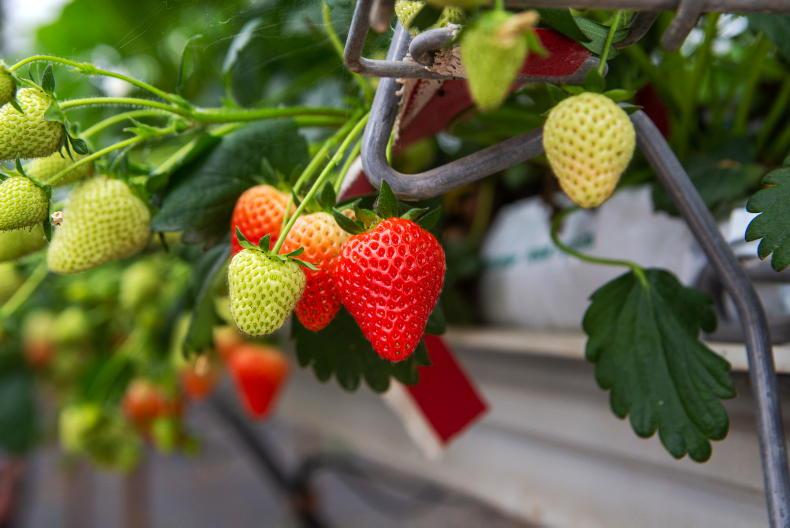
"Fine weather has a lot to play in consumer demand for fruit. We’re glad of the sunshine.”-James Kearns \ CJ Nash
IFA soft fruit growers’ horticulture committee chair James Kearns detailed his progress.
“We are producing soft fruits, such as strawberries and blackberries, here in Enniscorthy, Co Wexford. It’s been a very good year so far. We are currently mid-season, with picking continuing until 25 November.
"We are currently spraying to keep mildew at bay and introducing biological controls such as spidex. Insecticide use has been greatly reduced here over the last number of years.”
Yields are down but quality is fantastic, the fruit is sweeter than I’ve ever seen it
Speaking of demand for fruit this season, he said: “The weather for the last seven weeks been good as fruit loves heat, it makes the fruit sweet.
"Excessively high temperatures are a concern, as fruit can become stressed, but, so far, we’ve had no major problems.
"Yields are down, but quality is fantastic, the fruit is sweeter than I’ve ever seen it.
"Sales are great across the board, with major demand from supermarkets, hotels, wholesalers and consumers alike. Fine weather has a lot to play in consumer demand for fruit. We’re glad of the sunshine.”
Input costs
“Like all sectors, input costs have shot up. There has been a 30% to 40% increase in input costs this year alone, with manure and plant feeds gone up by 100% this year. We will have to see a price increase to stay viable,” James said.
“Fruit production is labour intensive, as the majority of the work is manual, such as picking and pruning. We have 20 full-time staff and many more part-time staff members. We would like to see the introduction of a casual work permit to help part-time workers.”
Kerry national fruit and vegetable committee member Paudie Hanafin spoke of the intensity of drawing water to crops during drought periods.
“We’re producing vegetables down here in west Kerry. We grow a variety of vegetables, including broccoli, cabbage, swedes, leeks, Brussels sprouts and cauliflower.
"Conditions for planting this spring were tough and the contrast in weather conditions between the spring and summer were hard to manage.
"Currently, crops are under pressure, especially if an irrigation system is not in place. Drawing water manually is tough, it’s labour intensive and costly, when you factor in labour, machinery and diesel and, above all, it’s mentally draining.
“This week, we are setting broccoli and cabbage, putting out fertiliser, harrowing and planting. We’re hoping for rain that will drive on growth.
"Harvesting will start later in the summer. Spring cabbage planted in October is being harvested now. We’ll also be harvesting new-season cabbage, swedes and broccoli in two weeks or so,” he said.
Labour shortage
Speaking of increased input costs, Paudie said: “Looking at the current state of the horticulture sector, we need a 10c to 15c increase per unit to make vegetable production viable.
"Input costs have shot up, with the price of netting, chemicals, fertiliser and labour sky rocketing.
"Irrigation systems are also a huge investment and an additional expense to factor in on top of soaring input costs.
"Sourcing labour has been a major challenge; farming is hard work and people won’t work for less than a proper wage.
"High labour costs paired with diminished vegetable prices makes vegetable production really unattractive, especially to young people. It is a lot of effort for little return.”
Farmers without an irrigation system in place “are really struggling” during the ongoing drought conditions, Kilkenny Irish Farmers Association (IFA) national fruit and vegetable committee member Eddie Doyle has told the Irish Farmers Journal.
“We grow potatoes, salad potatoes and swedes in Mooncoin, Co Kilkenny. The growing season got off to a slow start, with all crops planted later than we would have liked, due to the wet spring.
"Our preferred planting period falls between the end of March and May, but, this year, planting was halted until it could resume again in May. Crops that we managed to get into the ground earlier in the year were hit by frost in mid-April, which didn’t help things.”
Contrast
Eddie spoke of the prolonged dry spell: “The current dry spell is showing a contrast to the wet spring. Where we were previously struggling to manage wet weather, crops are now struggling under dry conditions.
"We have an irrigation system in place, which is expensive and labour intensive, but we are lucky, as not all growers have such a system in place - those farmers are really struggling during this time.”
“Land for vegetable production is very hard to come by - you take what you can. We’re being pushed to the margins; our incomes are not attractive.
"We’ve seen a massive increase in input costs; seed prices are up, fertiliser prices never came down for potatoes, our fertiliser was ordered since November 2022.
"Potatoes need 8:5:18 plus boron on, with potash and sulfate required too. I paid €1,140 per tonne for fertiliser this year.”
Imbalance
“The production of salad potatoes was looked at, but uncertainty in the sector, paired with massive input costs, make the route less attractive.
"Salad potatoes need excessive water and irrigation is a huge investment. Salad potato production also uses double the number of seed, with fertiliser sitting at about 20% more expensive than standard seed.
“Many farmers in the horticulture sector are planning their exit strategy. I don’t personally see a future in vegetable production, as supermarkets are not willing to pay us.
"Up to 93% of our produce is marketed through supermarkets, so they have major power over us growers. The horticulture grant scheme is helpful, but we need a constant cashflow.”

"Fine weather has a lot to play in consumer demand for fruit. We’re glad of the sunshine.”-James Kearns \ CJ Nash
IFA soft fruit growers’ horticulture committee chair James Kearns detailed his progress.
“We are producing soft fruits, such as strawberries and blackberries, here in Enniscorthy, Co Wexford. It’s been a very good year so far. We are currently mid-season, with picking continuing until 25 November.
"We are currently spraying to keep mildew at bay and introducing biological controls such as spidex. Insecticide use has been greatly reduced here over the last number of years.”
Yields are down but quality is fantastic, the fruit is sweeter than I’ve ever seen it
Speaking of demand for fruit this season, he said: “The weather for the last seven weeks been good as fruit loves heat, it makes the fruit sweet.
"Excessively high temperatures are a concern, as fruit can become stressed, but, so far, we’ve had no major problems.
"Yields are down, but quality is fantastic, the fruit is sweeter than I’ve ever seen it.
"Sales are great across the board, with major demand from supermarkets, hotels, wholesalers and consumers alike. Fine weather has a lot to play in consumer demand for fruit. We’re glad of the sunshine.”
Input costs
“Like all sectors, input costs have shot up. There has been a 30% to 40% increase in input costs this year alone, with manure and plant feeds gone up by 100% this year. We will have to see a price increase to stay viable,” James said.
“Fruit production is labour intensive, as the majority of the work is manual, such as picking and pruning. We have 20 full-time staff and many more part-time staff members. We would like to see the introduction of a casual work permit to help part-time workers.”
Kerry national fruit and vegetable committee member Paudie Hanafin spoke of the intensity of drawing water to crops during drought periods.
“We’re producing vegetables down here in west Kerry. We grow a variety of vegetables, including broccoli, cabbage, swedes, leeks, Brussels sprouts and cauliflower.
"Conditions for planting this spring were tough and the contrast in weather conditions between the spring and summer were hard to manage.
"Currently, crops are under pressure, especially if an irrigation system is not in place. Drawing water manually is tough, it’s labour intensive and costly, when you factor in labour, machinery and diesel and, above all, it’s mentally draining.
“This week, we are setting broccoli and cabbage, putting out fertiliser, harrowing and planting. We’re hoping for rain that will drive on growth.
"Harvesting will start later in the summer. Spring cabbage planted in October is being harvested now. We’ll also be harvesting new-season cabbage, swedes and broccoli in two weeks or so,” he said.
Labour shortage
Speaking of increased input costs, Paudie said: “Looking at the current state of the horticulture sector, we need a 10c to 15c increase per unit to make vegetable production viable.
"Input costs have shot up, with the price of netting, chemicals, fertiliser and labour sky rocketing.
"Irrigation systems are also a huge investment and an additional expense to factor in on top of soaring input costs.
"Sourcing labour has been a major challenge; farming is hard work and people won’t work for less than a proper wage.
"High labour costs paired with diminished vegetable prices makes vegetable production really unattractive, especially to young people. It is a lot of effort for little return.”





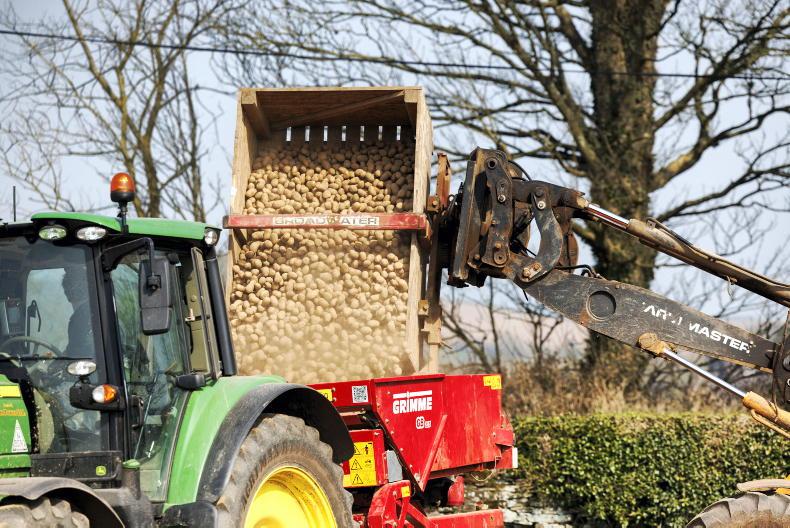
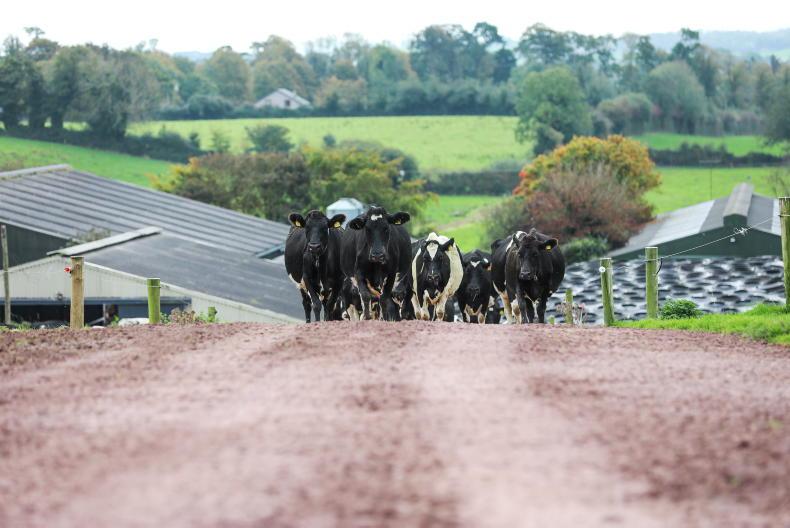
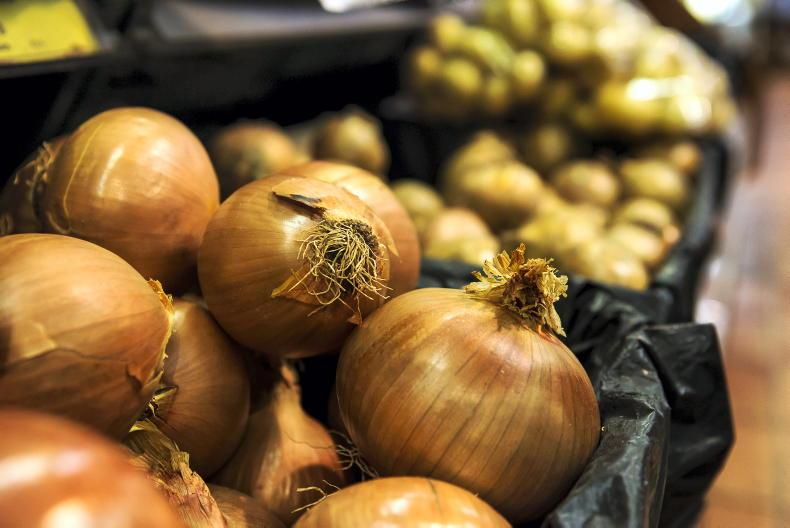
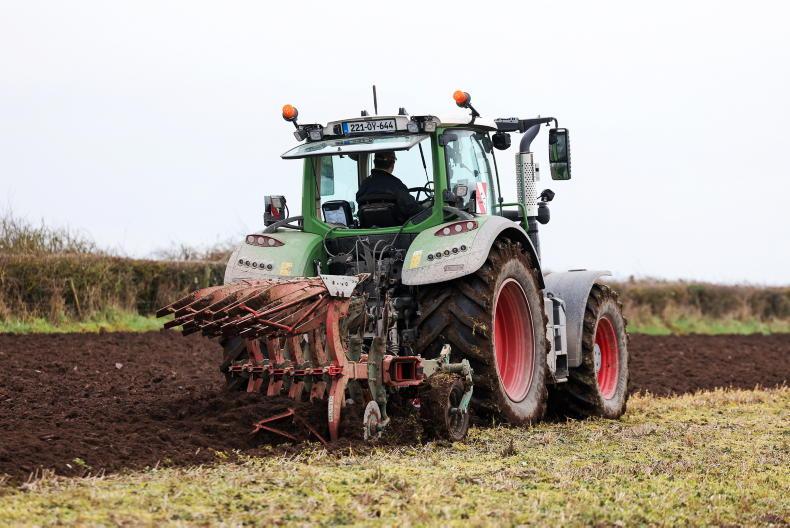
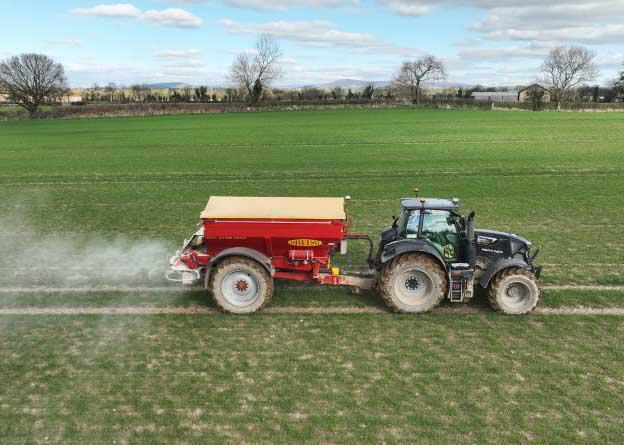
SHARING OPTIONS